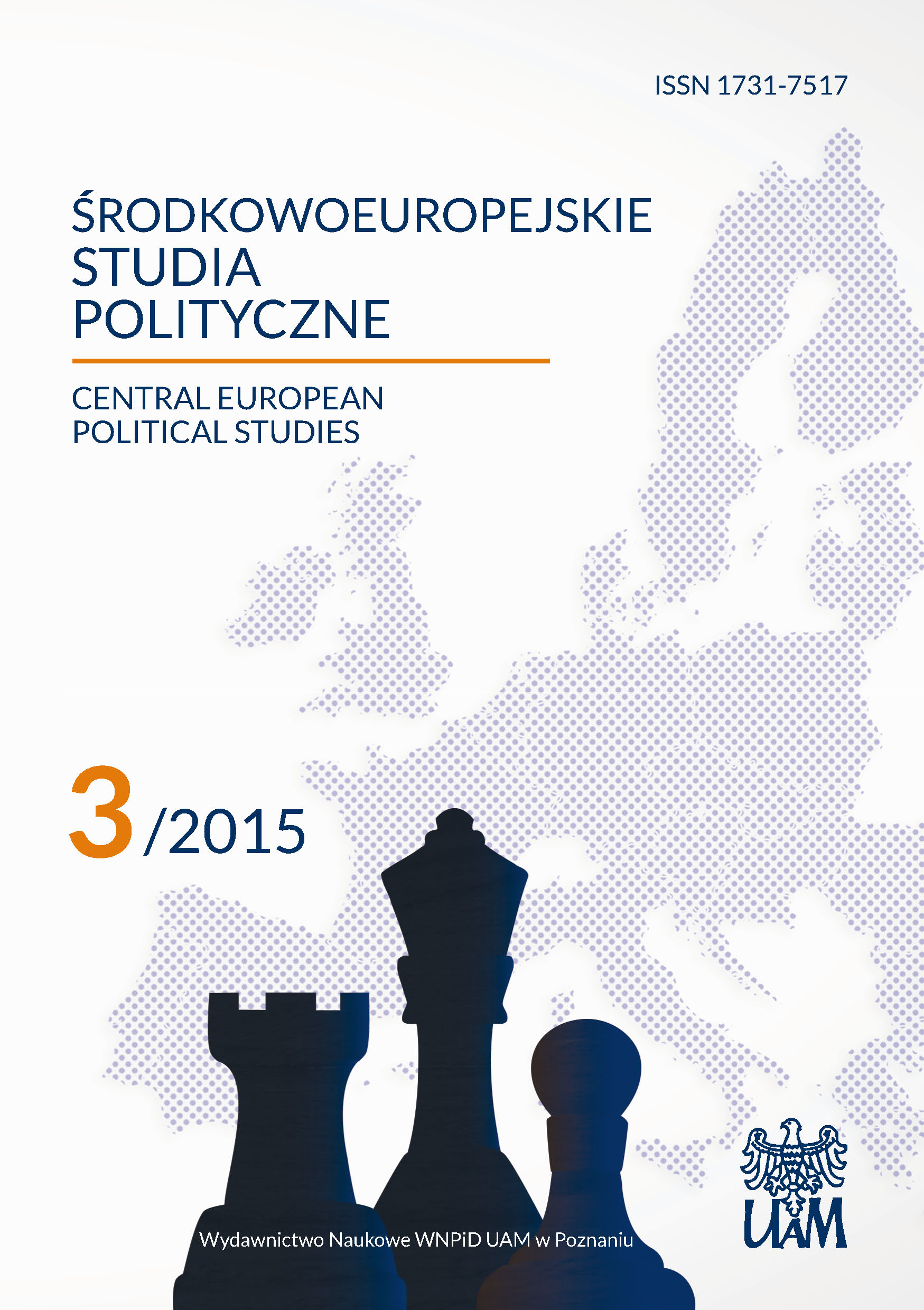Polityka zwalczania Współczesnego kryzysu gospodarczego. Między Hayekiem a Keynesem
Policy aiming to overcome the present economic crisis. Between Hayek and Keynes
Author(s): Krzysztof Hajder, Jakub BelowSubject(s): Politics / Political Sciences, Politics, Political Theory, Economic policy, Political economy
Published by: Uniwersytet Adama Mickiewicza
Keywords: Keynes; Hayek; economics; crisis; economy; Keynesian approach; the Austrian School
Summary/Abstract: Policy aiming to overcome economic crises raises considerable controversies among experts and politicians, who present a broad range of recipes to prevent crises and overcome their effects. This paper aims to discuss two, to a large extent contradictory approaches to the nature of crises which reflect the maximum range of opinions. In order to achieve their aim, the authors discuss the standpoints of two of probably the most influential economists, who examined this issue during the great economic crisis of the 20th century, and compare their recommendations with the steps taken by politi- cians today. One of the two economists is John Maynard Keynes, who identified fluctuations in demand as the source of economic problems and recommended proactivity in preventing the results of economic turmoil; the other one is Friedrich August von Hayek, a representative of the Austrian school of economics, who blamed monetary factors for the cyclical recurrence of economic crises and called for the reconstruction of the system so as to prevent recession before it emerges. The different approaches to the role of the State in the economy, the methodological differences and the discussion on economics these two economists carried on for many years make their work significant, which is somewhat forgotten now, even by their respective supporters. The authors of the paper demonstrate, however, that the contribution of the two adversaries in the theory of economic crises can hardly be overestimated, and although the reasoning of John Keynes seems to be more popular among contemporary decision-makers, the dispute between the intellectual successors of both economists continues to be vivid and topical.
Journal: Środkowoeuropejskie Studia Polityczne
- Issue Year: 2015
- Issue No: 3
- Page Range: 157-181
- Page Count: 25
- Language: Polish

